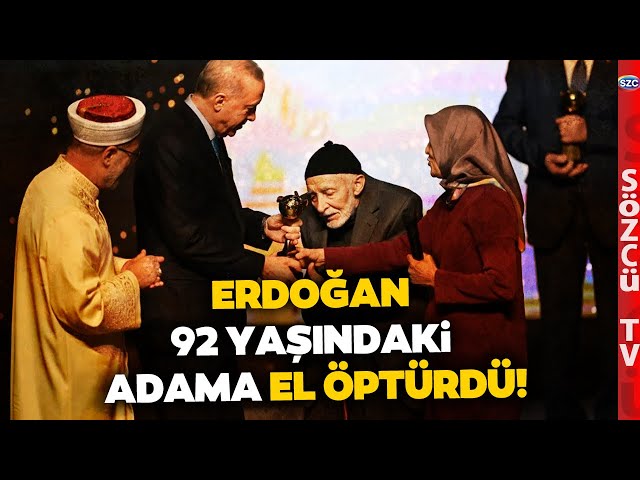Erdogan’s Transformative Role in Turkish Politics

Introduction
Recep Tayyip Erdogan, the President of Turkey, has been a pivotal figure in the nation’s politics since the early 2000s. His leadership has not only transformed Turkey’s domestic policies but also its international relations. Understanding Erdogan’s influence is crucial as he continues to shape Turkey’s role on the global stage, particularly amidst recent political challenges and economic fluctuations.
Political Ascendancy
Erdogan first entered the political arena as the Mayor of Istanbul in 1994. He co-founded the Justice and Development Party (AKP) in 2001, which quickly rose to prominence, winning the 2002 general elections in a landslide victory. This marked the beginning of a new era in Turkish politics, characterized by economic reforms and major investments in infrastructure. His tenure as Prime Minister from 2003 to 2014 saw significant economic growth, with Turkey becoming one of the world’s emerging markets.
Presidency and Consolidation of Power
In 2014, Erdogan transitioned from Prime Minister to President, a role that has allowed him to consolidate power significantly. The controversial referendum in 2017 resulted in the amendment of Turkey’s constitution, transitioning the country to an executive presidential system. This shift has raised concerns over democracy and human rights, with critics arguing that Erdogan’s government has curtailed freedoms of speech and press.
Recent Developments
In recent months, Erdogan has faced mounting challenges as Turkey grapples with an economic crisis, inflation exceeding 80%, and a depreciation of the Turkish lira. These issues have spurred widespread protests and dissent among the populace. Furthermore, Erdogan’s foreign policies, such as his stance on NATO and relations with the European Union, are under scrutiny, especially as Turkey’s geopolitical position becomes increasingly complex amid ongoing regional tensions.
Conclusion
The significance of Erdogan in Turkey’s political landscape cannot be overstated. His ability to navigate crises, maintain a strong support base, and assert Turkey’s presence internationally will be pivotal in the coming years. As Turkey approaches future elections, the electorate’s response to economic challenges and civil liberties will play a crucial role in determining Erdogan’s lasting legacy. Observers worldwide will be watching closely, as Erdogan’s decisions will undoubtedly impact both Turkey’s future and its relations with global powers.









